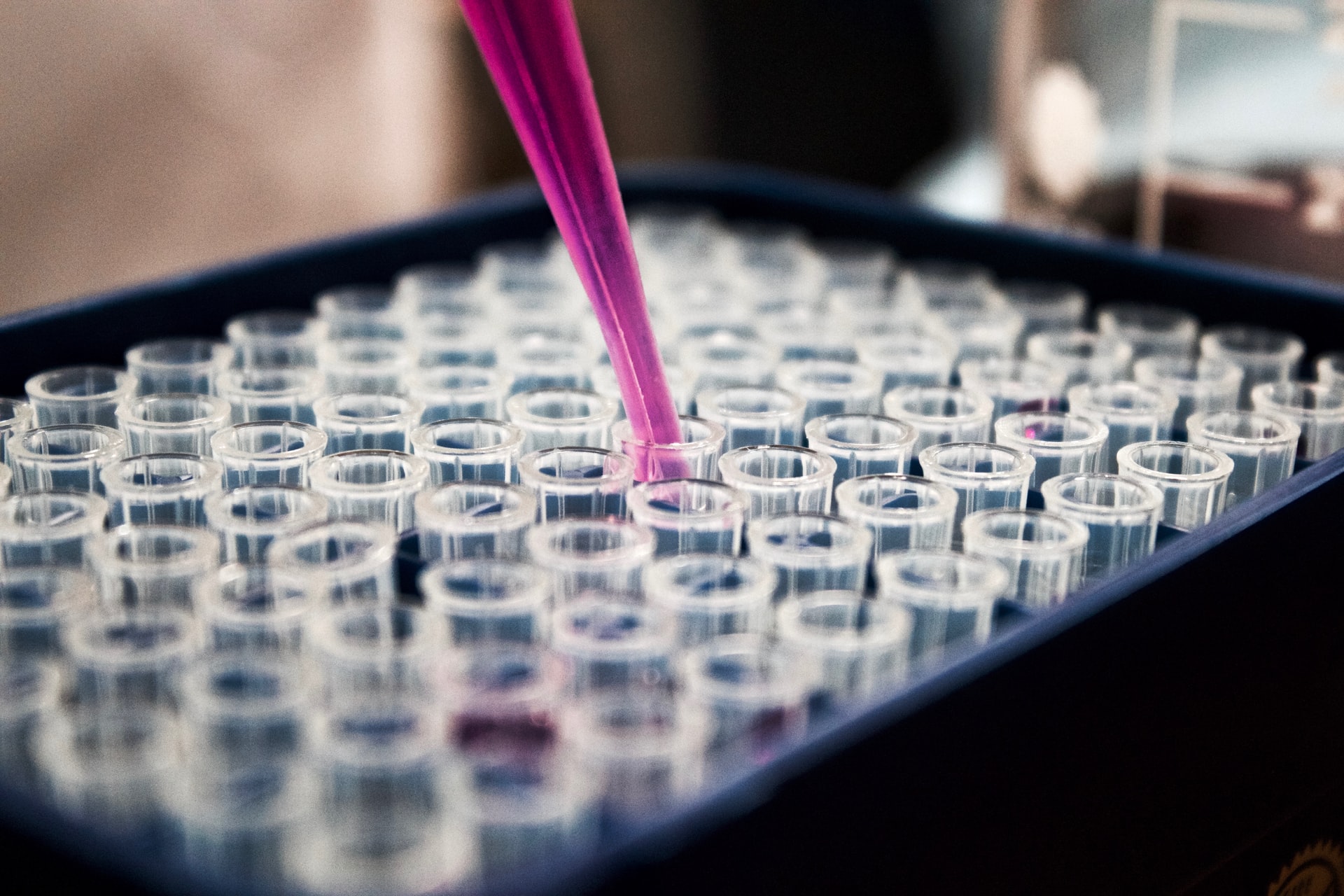Some courts in Ohio have started using a web-based platform, Anchored To Hope, to help specialty docket clients receiving a court-ordered, therapy-based approach in their recovery.
Specialized docket types can include drug courts, mental health courts, domestic violence courts and others. The Supreme Court of Ohio defines a specialty docket as a
“particular session of court that offers a therapeutically-oriented judicial approach to providing court supervision and appropriate treatment to individuals.”
In recent years, new technologies have been playing a larger role in the court and recovery process. Virtual reality, in particular, has been shown to have a positive impact when used to improve mental health.
HOW THE PLATFORM WORKS
Anchored To Hope offers users a cloud-based platform that provides 24/7 digital access to a local resource directory, intelligent monitoring and virtual reality meditations.
The platform was developed by a diverse team of people with knowledge in this space, including judges and individuals in recovery.
The virtual reality meditations use what CEO Melinda Swan called the “democratization of VR,” plastic goggles that offer users a 360-degree viewing experience without the high price tag of some other VR products.
There are currently three five-minute meditation experiences that start with breathing exercises, taking place either on a mountain, at a beach, or in space. Each of the five-minute guided meditations is designed based on the idea that meditation can help rewire the brain to deal with emotions, from stress to cravings. Swan said the company is looking to expand its collection of VR meditations, with longer experiences and diverse locations, to make it more relatable to more people.
The platform also uses intelligent monitoring, which is tied to a problem-solving tool. This feature has users select responses to how they are feeling, and based on their answers, the platform will offer a recommendation to get to a better mental place. For example, they may be directed to read a blog post or watch a video from the available content library.
“One of the reasons why I think tech has a role to play in behavioral health is it is accessible,” said Swan. “It is affordable, it is convenient, [and] it’s there when I need it, not when my counselor can meet me. And it’s stigma-free.”
Those overseeing the use of the platform have 24/7 access to a dashboard, Swan said. Because of the Health Insurance Portability and Accountability Act (HIPAA) and confidentiality needs, the data is in an aggregated format to show how much the platform is being used without exposing personal information. Administrators can also export this aggregated data into Excel files for evaluation or grant reporting purposes.
Another important component of the platform is its collection of LGBTQ+ resources, as underlined by senior customer experience executive Karla Rothan. She explained the importance of these resources being readily available for those who may not be “out,” without them having to ask someone for them.
THE PLATFORM IN ACTION
Anchored To Hope’s recovery tools are being implemented in several specialty docket courts across Ohio, like those in Logan County.
The Mental Health, Drug and Alcohol Services Board of Logan and Champaign Counties (MHDAS) works to plan and fund treatment for residents and recently partnered with Anchored To Hope to support recovery and reduce recidivism among justice-involved individuals.
Logan County has two specialty dockets, where a specialty docket administrator will be overseeing the implementation, and MHDAS will be monitoring how it is being used, said Director of Treatment and Recovery Adam Sorensen. He explained that MHDAS and the courts have a collaborative relationship, with several systems communicating closely.
Sorensen said that there were 28 total clients served in both dockets, as of the end of January.
MHDAS Executive Director Tammy Nicholl said the Anchored To Hope technology was purchased with Addiction Treatment Program (ATP) funds, which the Ohio Department of Mental Health and Addiction Services provides to participating ATP dockets.
“I’m hoping we can show that this is an important tool to use to support recovery efforts,” Sorensen said.
He specifically underlined the platform’s value as an additional avenue in recovery support for those in rural communities that may have limited access to in-person resources.
He hopes to measure the platform’s impact through usage data and personal feedback at the end of the state fiscal year, June 30, 2022, at which point the platform’s success will be assessed.
Source:






Comments